-
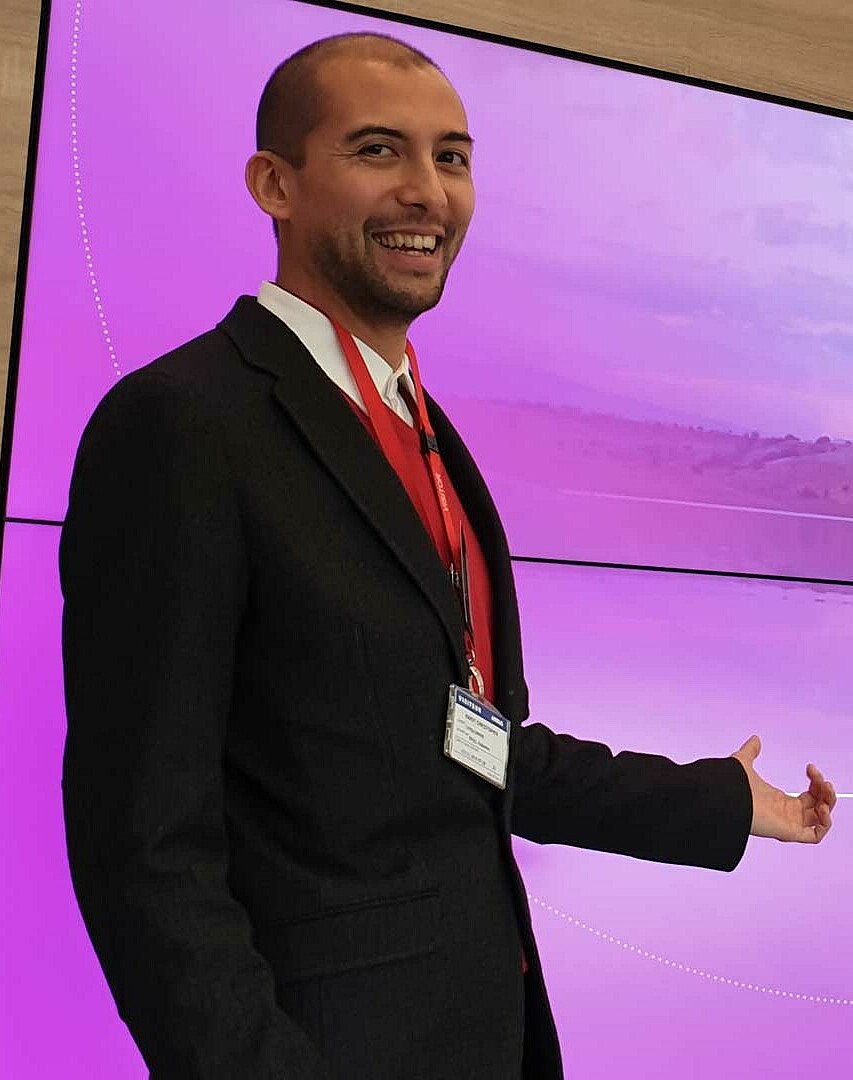
©Christopher Hardt
04.03.2020Christopher Hardt | Labor Berlin
Brain City Ambassador Christopher Hardt studied Bioinformatics in Berlin. Today, he works as a data scientist at Labor Berlin. His responsibilities are many and varied.
“Major leaps in development can often only succeed when you look outside of your own bubble”, says Christopher Hardt. “A working group works best when it's made up of both specialists and people who think and work across disciplines”. Christopher Hardt is one of those. As a bioinformatics expert, he works in a science-based SME which supplies scientific solutions for complex problems in the life sciences. Officially, he is a data scientist in the area of biology and medicine. However, his range of responsibilities at Labor Berlin - Charité Vivantes GmbH covers a considerably wider area: “My role ranges from statistical analysis of health-related data, (clinical) software and app development, all the way to visualisation of cell networks in system biology. But today, the role also includes business development, handling project tenders at a national and European level, as well as the associated networking with potential partners”, says the born and bred Berliner, who, unlike most people in his field, has spent his whole career in Berlin.
In Berlin, you can find an excellent mix of small and medium-sized research companies, as well as large firms, scientific institutes, universities and clinics.
Christopher Hardt made a conscious decision to study Bioinformatics. Since then, he has never regretted this. “Focusing on a special research area often seems to be the right thing to do, but today, almost every discipline has realised just how beneficial an interdisciplinary thought process and approach can be. So, for example, modern medicine, would be unthinkable without statistical methods, or the possibilities of the internet. More and more clinical decisions are supported by computer-aided algorithms based on machine learning.” Smart devices, apps, sensors and the associated AI programs are indispensable today for the establishment of personalised medicine. And the digitalisation and merging of the various research disciplines marches incessantly on. “We want to be at the forefront. Only very recently, we applied successfully for a project idea with a major industrial company, where we would like to use satellite images for health-related purposes.” Christopher Hardt is also an enthusiastic app and games developer outside of work. His children, above all, benefit from this. “My current focus is on simple learning games for my kids.”
Based on his own professional experience Christopher Hardt recommends that if young scientists are planning a career in Berlin, they shouldn’t fixate on an “exemplary”, gapless CV. “In my dealings with staff and business partners, what title these people have held has hardly made any difference to me up to now. It’s much more important that someone is passionate about the field they’re working in - or about developing a new one.” This is particularly relevant if you want to be a scientist in a company.
Christopher Hardt feels the city of his birth is the ideal place to develop a passion of this kind: “In Berlin, you can find an excellent mix of small and medium-sized research companies, as well as large firms, scientific institutes, universities and clinics. In addition, there is a relatively well-developed founders’ culture, which, combined with many (interdisciplinary) opportunities for networking at conferences, partnering and cultural events, can encourage a unique dynamic.
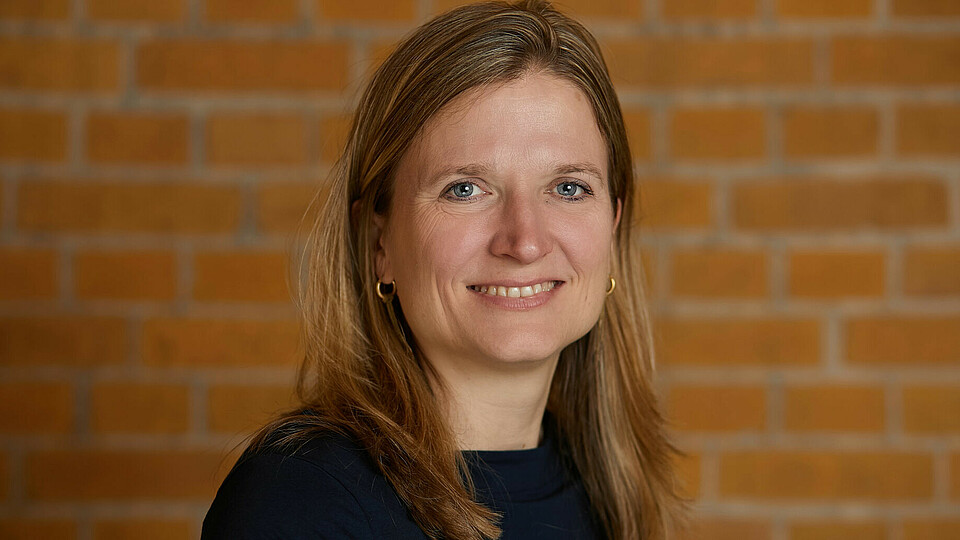
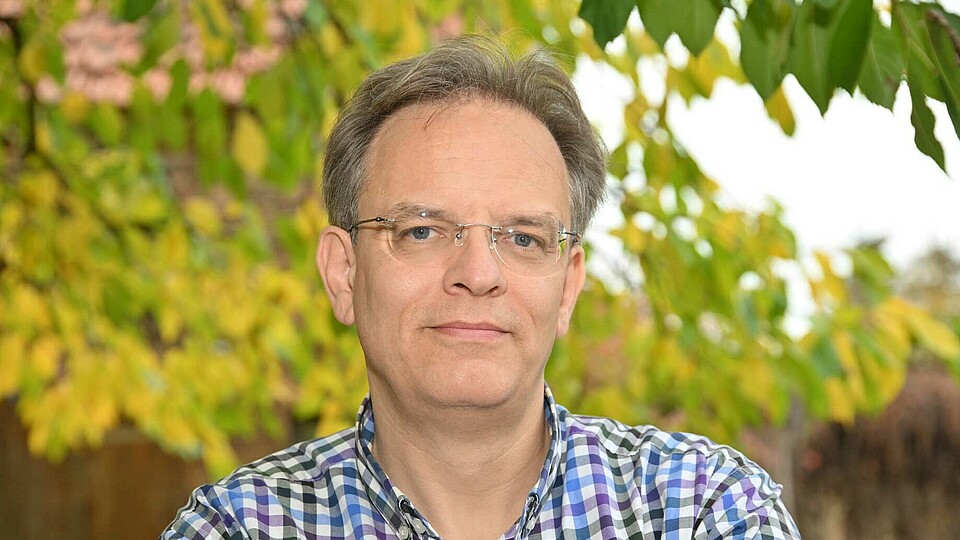
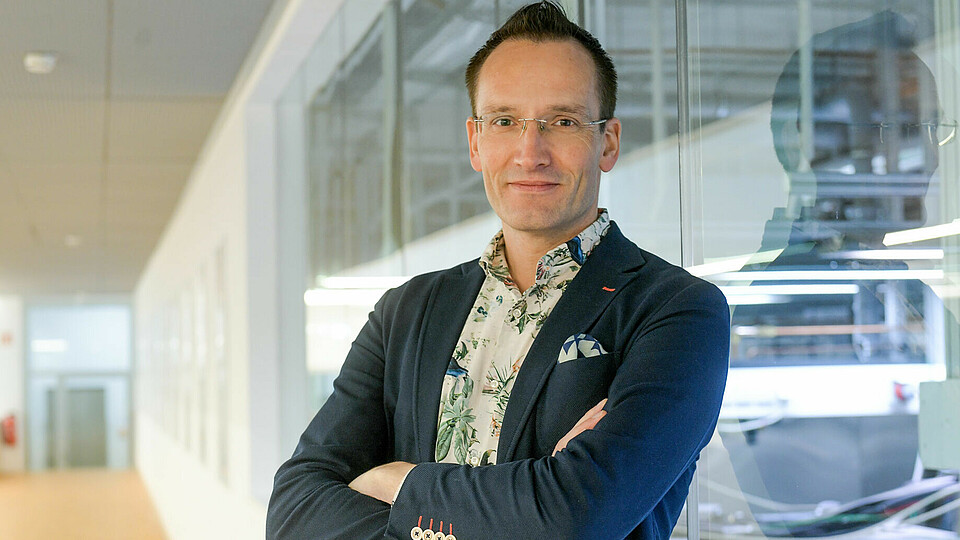
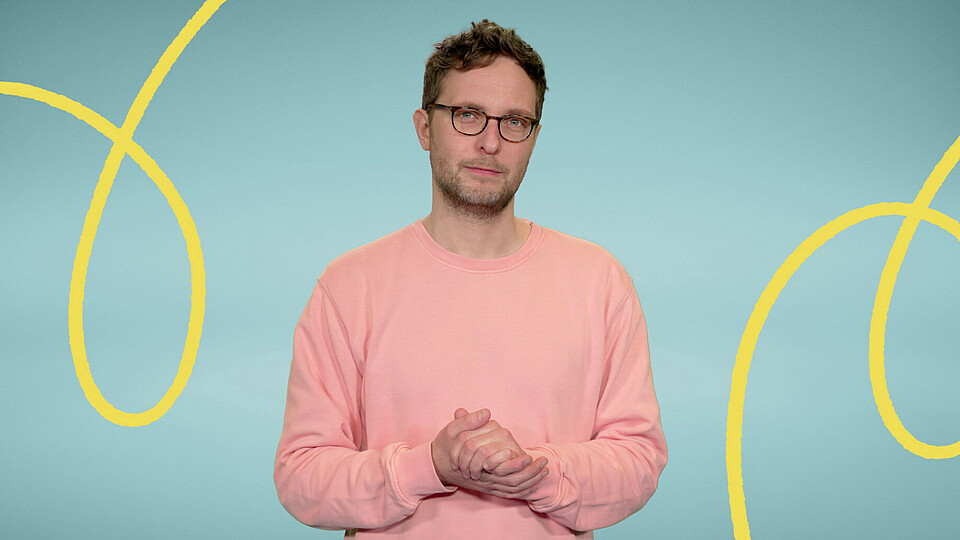
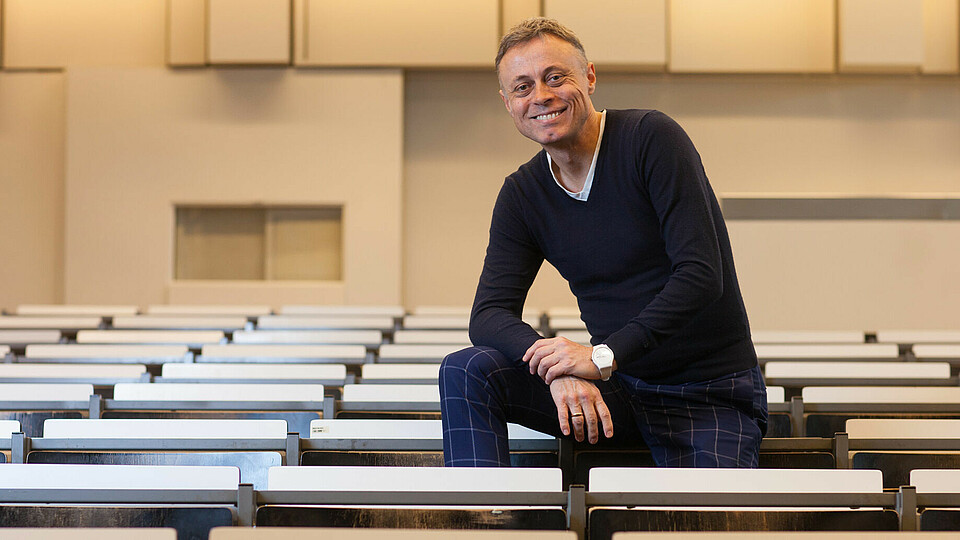
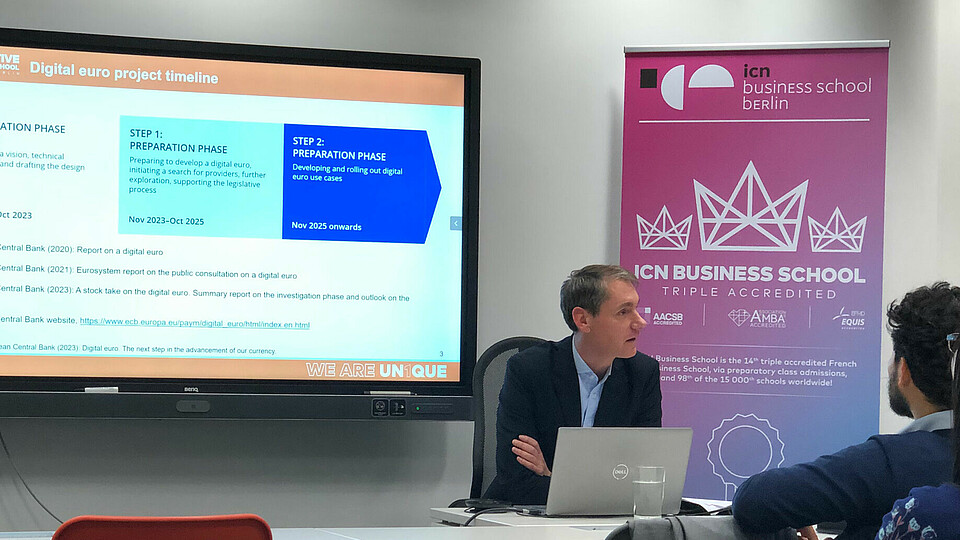
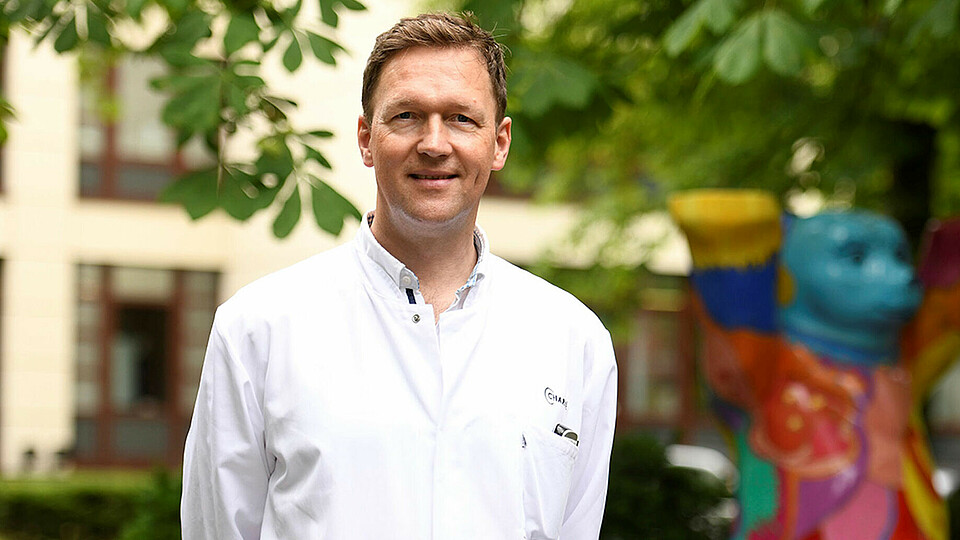
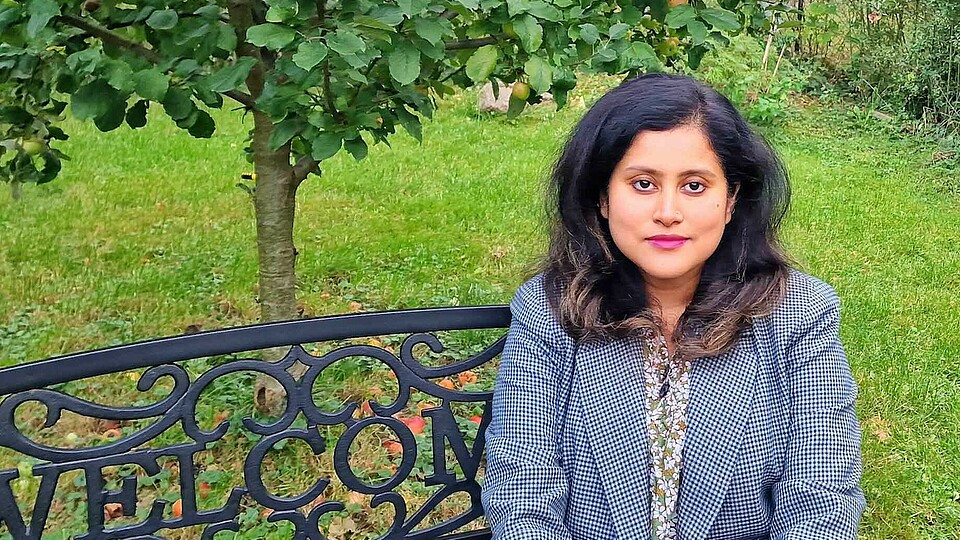
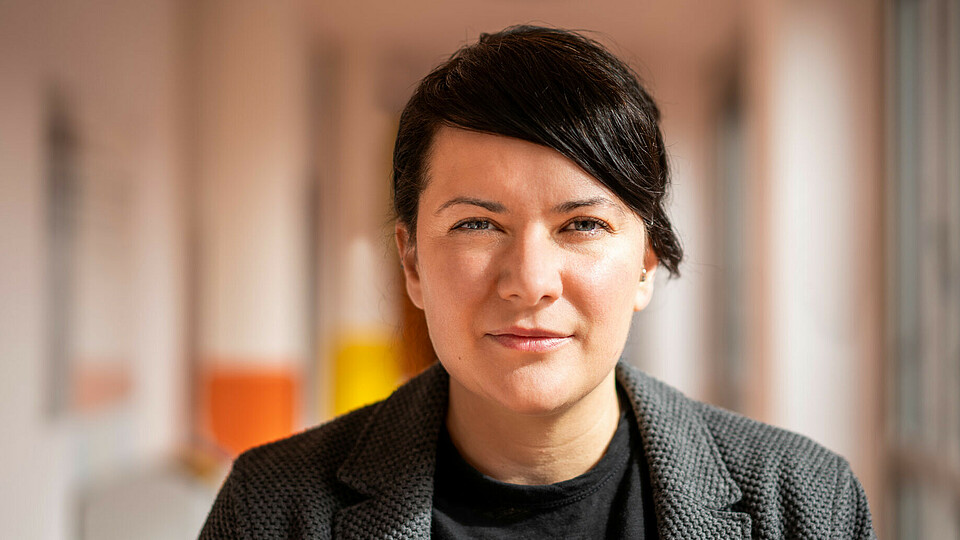
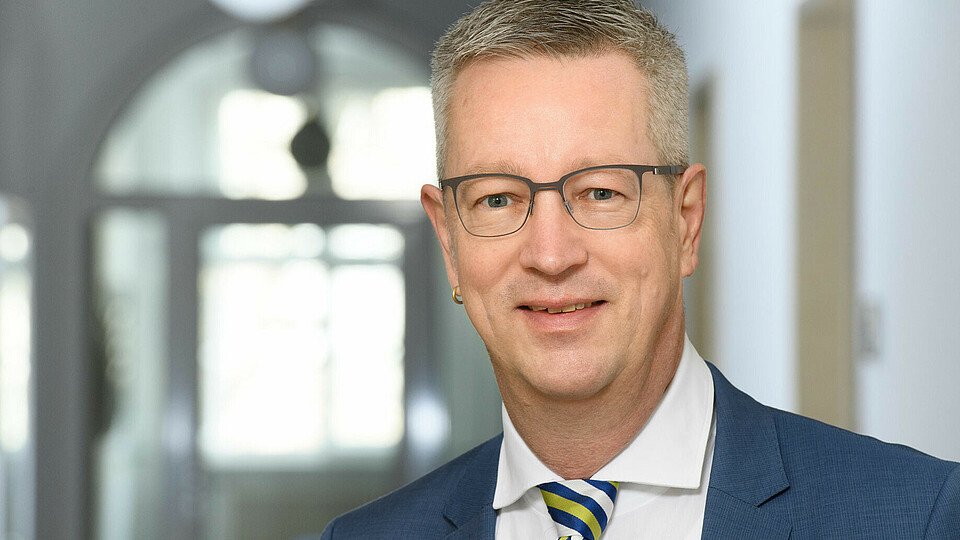
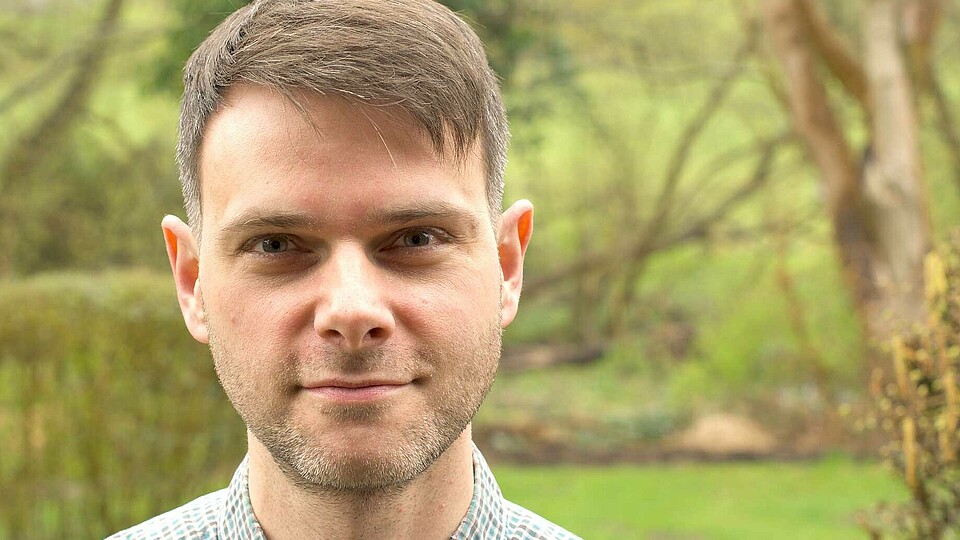
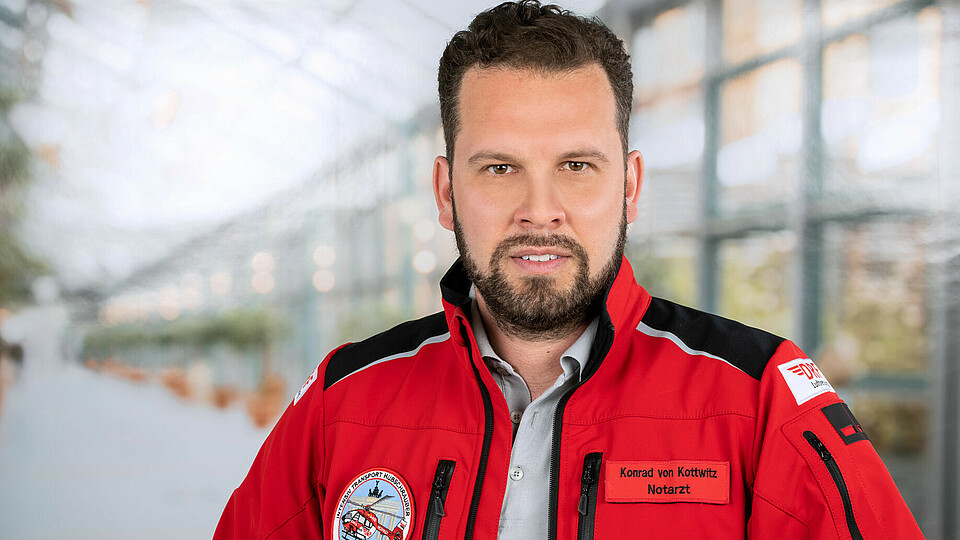
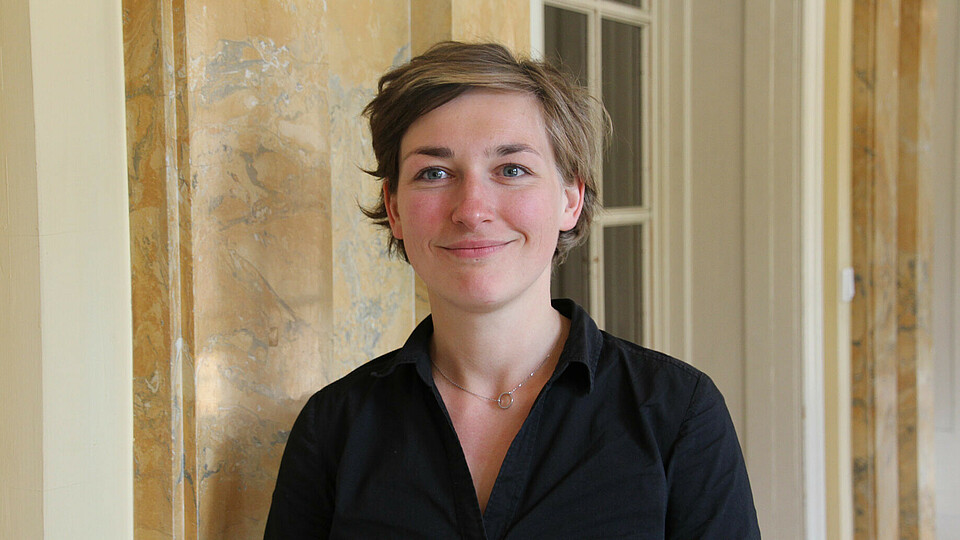
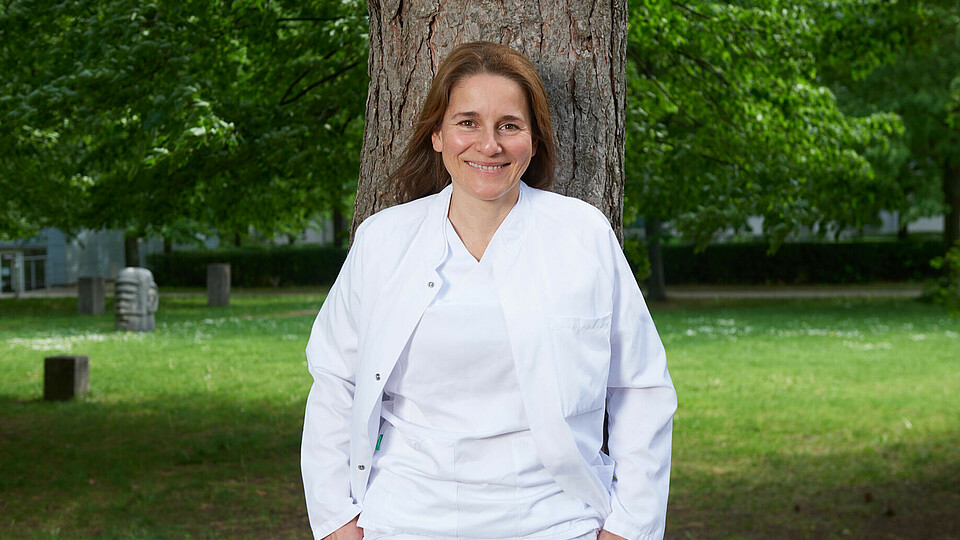
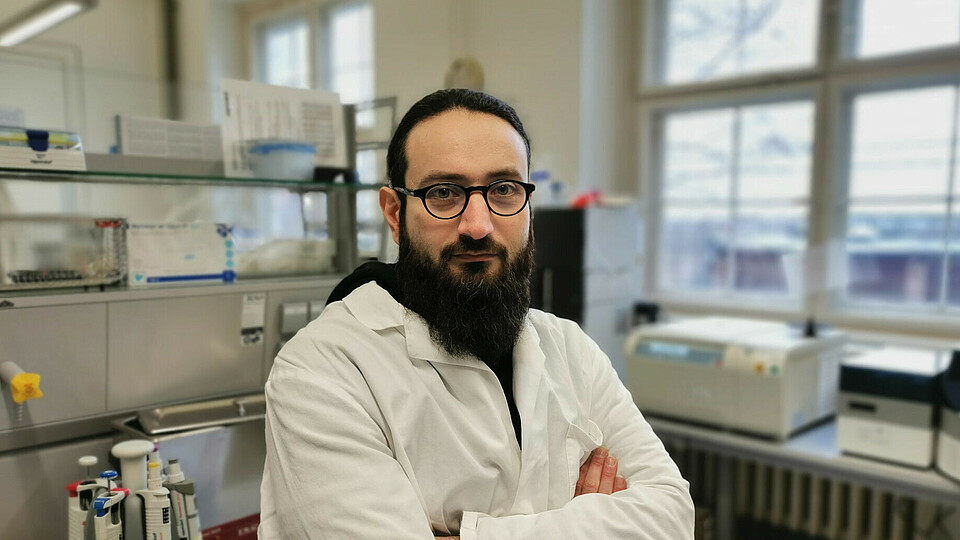
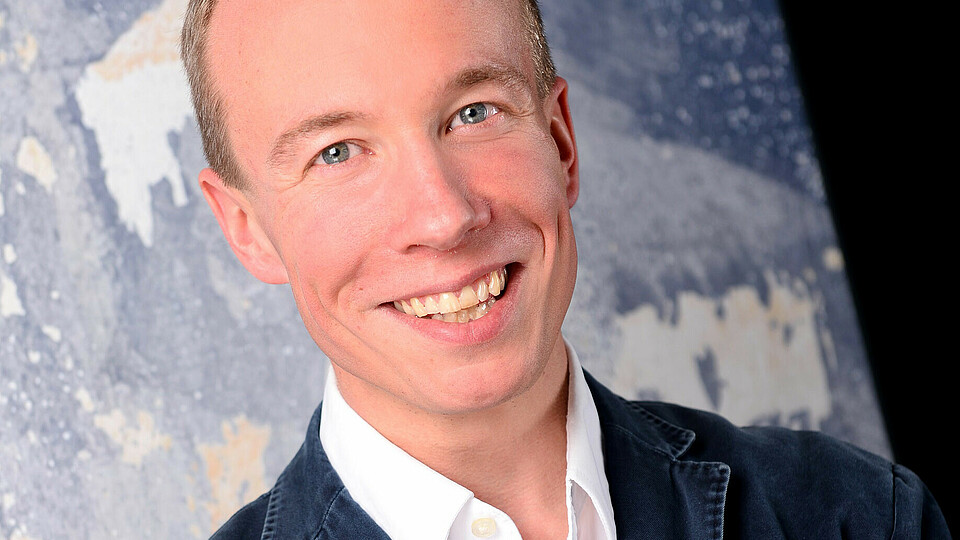
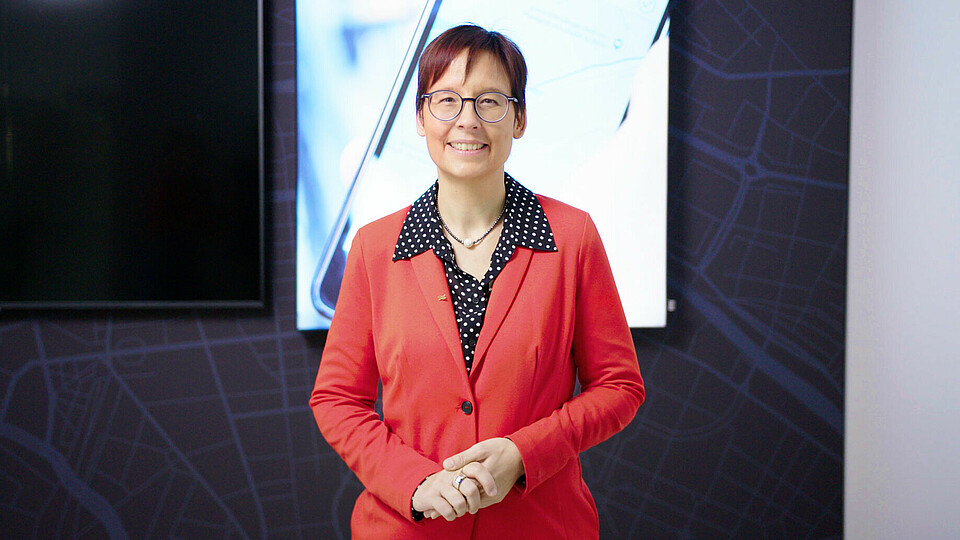
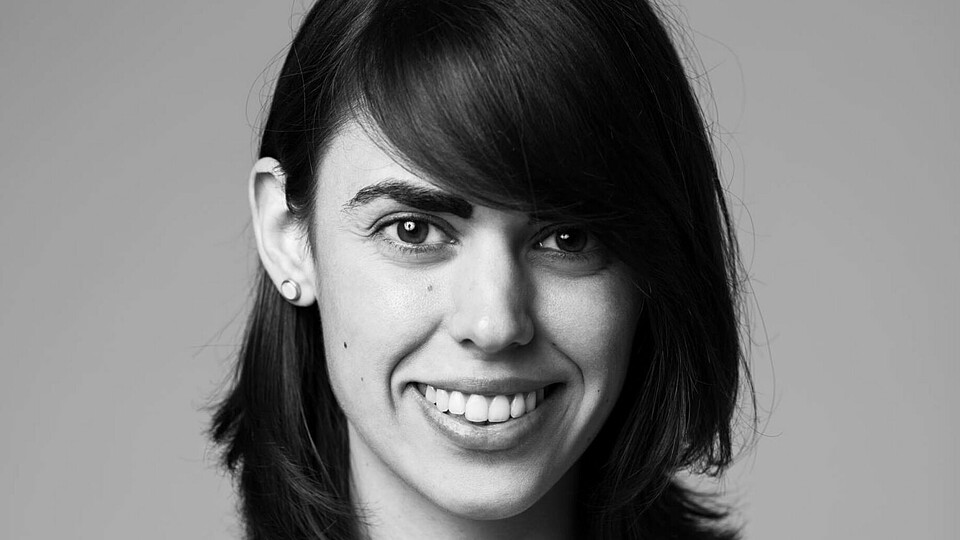
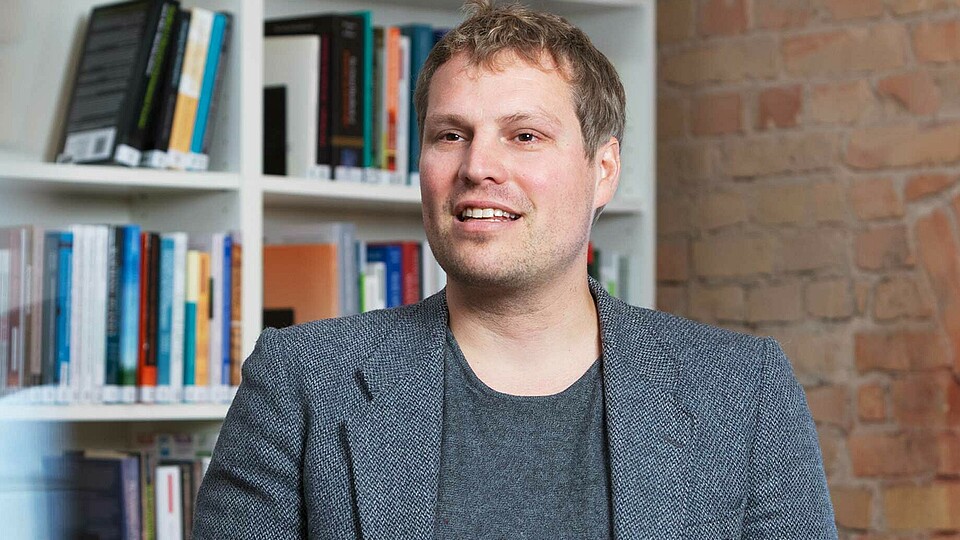
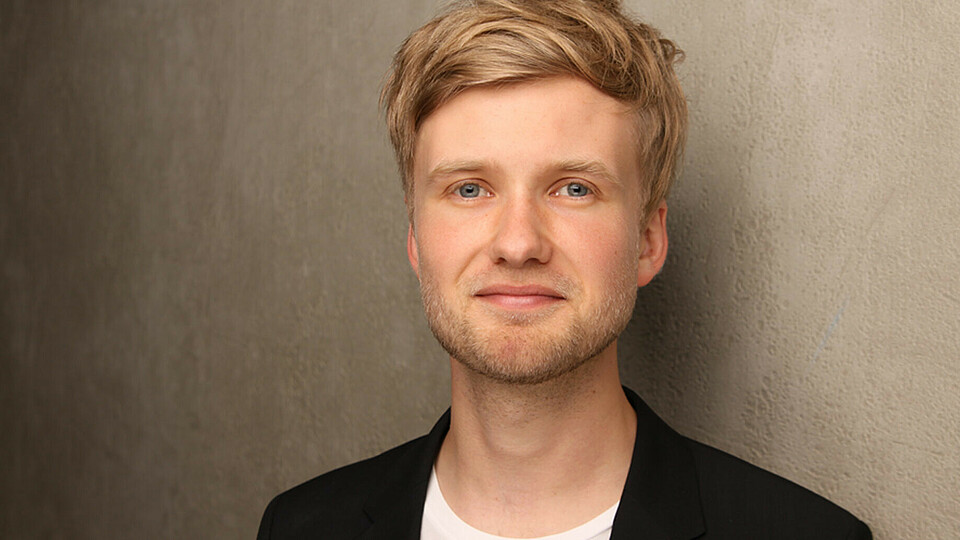
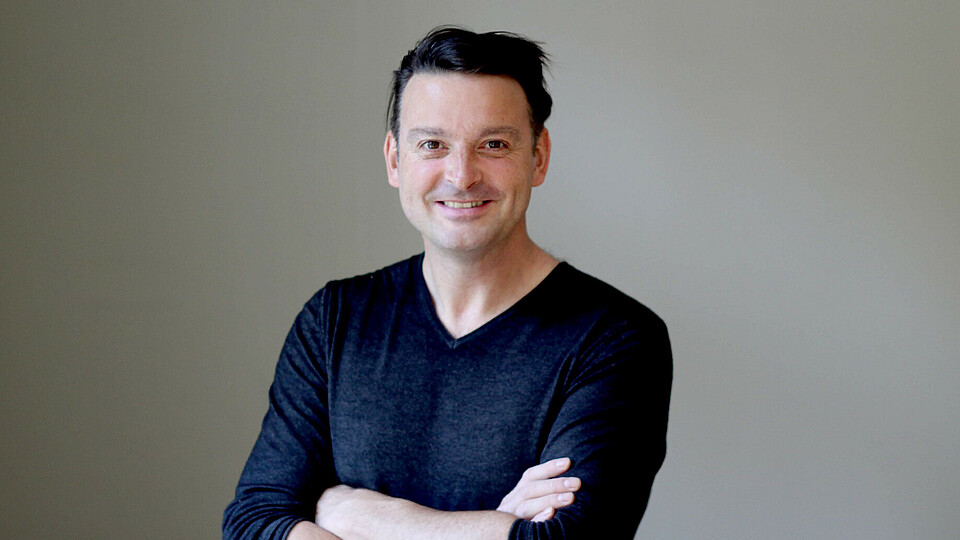
![[Translate to English:] [Translate to English:]](/fileadmin/_processed_/b/c/csm_Lang_Berlin-Partner_Philipp-Jester_683x384_31db623bc3.jpg)